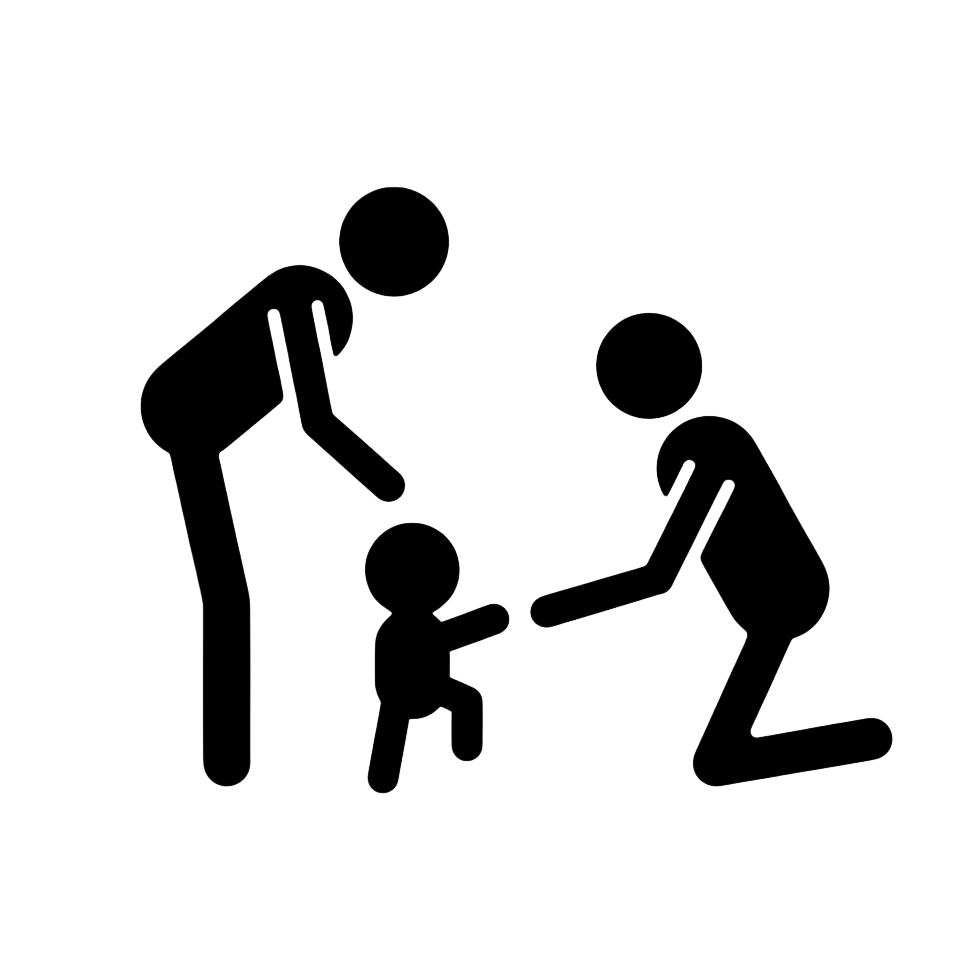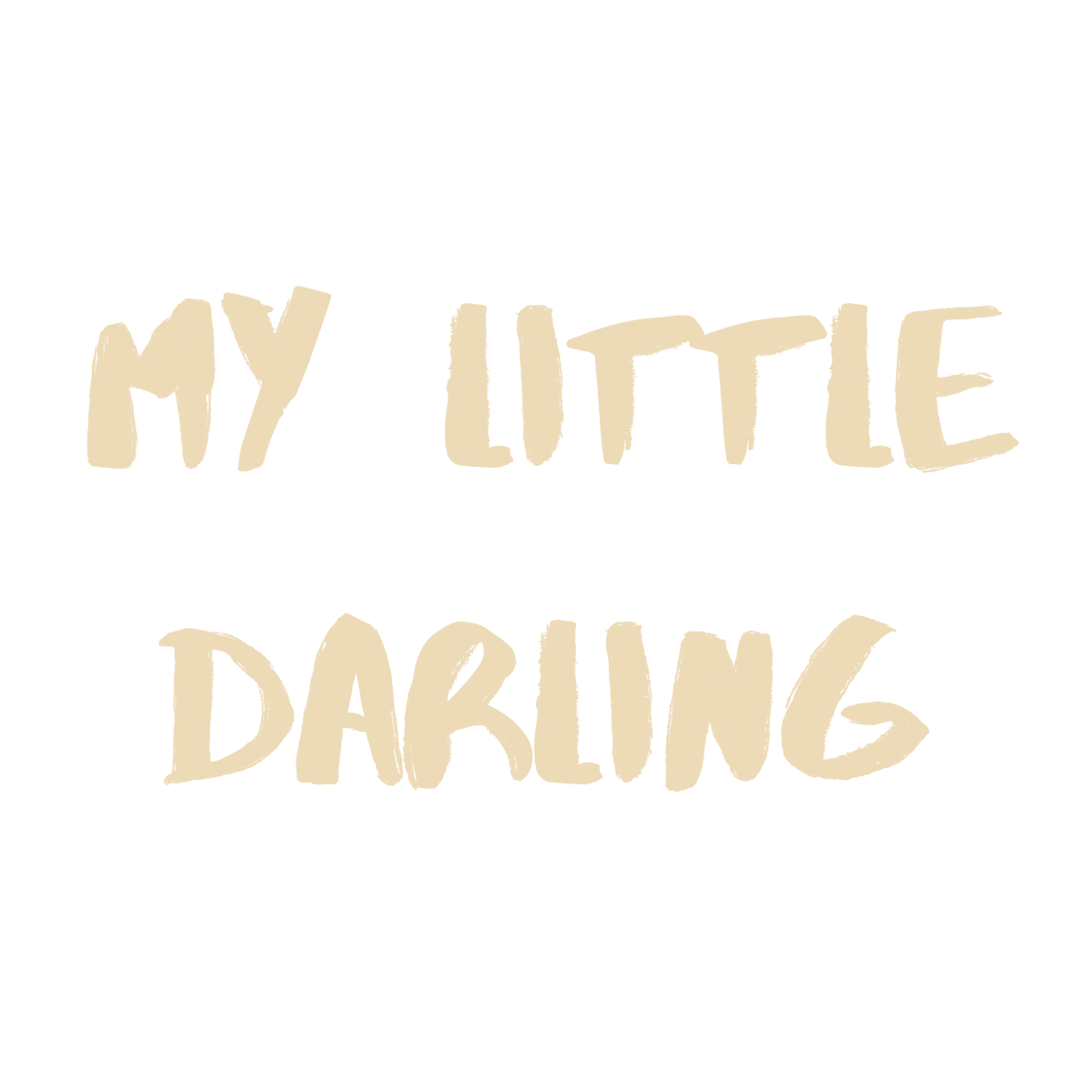Sparking curiosity through interactive play
Kids are naturally curious, and interactive toys are like a direct line to that curiosity. When children can touch, move, and manipulate objects, they start to figure things out on their own. It’s not just about following instructions; it’s about experimenting and seeing what happens. This hands-on approach helps them build a solid base for how things work in the world.
Building foundational cognitive skills
Think about stacking blocks or sorting shapes. These simple actions are actually building blocks for bigger ideas. When kids play with toys that require them to match, sort, or sequence, they're developing important thinking skills. They learn about cause and effect, like when pushing a button makes a sound. These early experiences are super important for how their brains grow and learn.
Encouraging problem-solving abilities
Ever watched a child try to fit a puzzle piece? That’s problem-solving in action! Educational toys often present little challenges, like figuring out how to build a tower that won’t fall over or how to make a ramp for a toy car. They have to try different things, learn from mistakes, and keep going until they find a solution. It’s a great way for them to build persistence.
Fostering creativity and imagination
Toys that don't have a single, set way to be used are fantastic for imagination. A simple wooden block can be a car, a house, or anything a child dreams up. When kids are given open-ended toys, they get to create their own stories and worlds. This kind of play is where they really get to explore their own ideas and express themselves.
Developing essential motor skills
Playtime is a fantastic way for kids to get a handle on their bodies and the world around them. When children engage with toys, they're not just having fun; they're actually building up their physical abilities. Think about it: manipulating small pieces, like those found in building block sets or intricate puzzles, really helps to refine the tiny muscles in their hands and fingers. This is super important for tasks later on, like writing or buttoning a shirt. Then there are the bigger toys, the ones that encourage running, jumping, and climbing. These activities are great for developing their larger muscle groups, giving them better balance and coordination. It's all about that physical practice that makes their bodies stronger and more capable. And when they're trying to stack blocks or catch a ball, they're constantly working on that hand-eye coordination, which is key for so many everyday actions.
Nurturing social and emotional growth
Playing with toys isn't just about having fun; it's a big part of how kids learn to get along with others and understand their own feelings. When children play together, they naturally start to figure out how to share, take turns, and work towards a common goal, like building a big tower or completing a puzzle. This kind of interaction teaches them valuable lessons about cooperation. They also learn to read social cues, like when a friend is happy or frustrated, which helps them develop empathy. Seeing how their actions affect others is a big step in understanding different perspectives. Plus, when they successfully share a toy or help a friend, it really boosts their confidence. Mastering these social skills through play builds a strong foundation for positive relationships later in life.
The role of educational toys in early development
Toys that are made for learning play a big part in how kids grow up. They aren't just fun; they help little ones figure out the world around them. These toys are like building blocks for a child's future.
Supporting language acquisition
When kids play with toys, especially those with different textures, sounds, or that represent real-world objects, they naturally start talking about them. Think about a toy phone or a set of animal figures. A child might pick up the phone and say "hello" or point to a cow and say "moo." This kind of play gives them chances to use new words and practice putting sentences together. It's a low-pressure way for them to expand their vocabulary and get better at communicating their thoughts and needs. Even simple stacking blocks can lead to conversations about colors, shapes, and sizes, all of which build language skills.
Introducing early STEM concepts
Many toys are designed to introduce science, technology, engineering, and math ideas without kids even realizing it. Building blocks, for example, teach about balance and gravity. Puzzles help with spatial reasoning and problem-solving. Simple coding toys can introduce logic and sequencing. These early exposures to STEM concepts through play can make learning these subjects later on feel more familiar and less intimidating. It's about planting seeds of curiosity and showing them that math and science can be fun and accessible.
Cultivating a love for learning
When play is engaging and rewarding, children naturally want to do more of it. Educational toys are often designed to be captivating, encouraging kids to explore, experiment, and discover. This positive association with learning from a young age can stick with them. If they learn that trying new things with toys leads to fun outcomes, they're more likely to approach school and other learning opportunities with a similar positive attitude. It's about making learning feel like an adventure rather than a chore.
Choosing the right educational toys

Picking out the right educational toys can feel like a big task, but it's really about finding things that fit your child and their stage of development. It's not about having the most toys, but the right ones. Think about what your child is interested in right now. Are they fascinated by building things? Do they love puzzles? Matching their interests to the toy makes a huge difference in how much they'll actually play with it and learn from it. When you look at toys, consider how they'll grow with your child. A toy that can be used in a few different ways or for a few years is a much better investment than something they'll quickly outgrow. And of course, safety and durability are super important. You want toys that can handle a bit of rough play and are made from materials that are safe for little hands and mouths. It’s all about finding that sweet spot where fun meets learning, and the toy supports your child’s journey.
Playing with a purpose: How educational toys help children learn
It’s really something when you see kids totally absorbed in a toy, right? It looks like just play, but there’s so much more going on. These toys are designed to make learning feel like a game. They turn everyday moments into chances for kids to figure things out and grow. Think about building blocks, for instance. A child stacking them isn't just having fun; they're learning about balance and gravity without even realizing it. Or consider puzzles – they’re fantastic for teaching kids how to look at a problem, break it down, and find the right piece. It’s all about making abstract ideas, like shapes or numbers, something they can actually touch and manipulate. This hands-on approach really helps solidify what they’re learning, making it stick in a way that just listening or reading might not. Plus, many toys can be used in different ways, letting kids explore at their own pace and according to what interests them most. It’s a really smart way to support their development.
Playing with a purpose: How educational toys help children learn. These toys aren't just fun; they're smart tools that help kids grow. They make learning feel like a game, boosting skills like problem-solving and creativity. Want to see how the right toy can spark your child's mind? Explore our collection of amazing educational toys today!
So, What's the Takeaway?
Look, it’s pretty clear that playing with the right toys can really help kids learn stuff. It’s not just about having fun, though that’s important too. These toys help them figure things out, build new skills, and get better at solving problems. So next time you’re looking for a gift or just want to give your kiddo something cool, think about toys that make them think and explore. It’s a win-win, really. They get to play, and you get to see them grow and learn. Pretty neat, huh?






